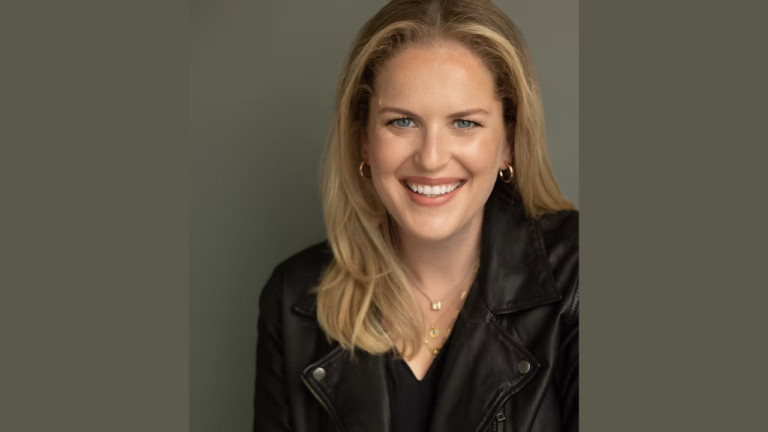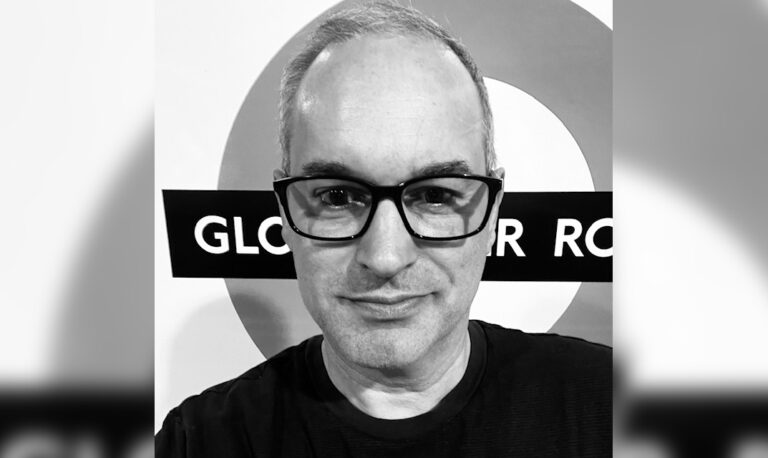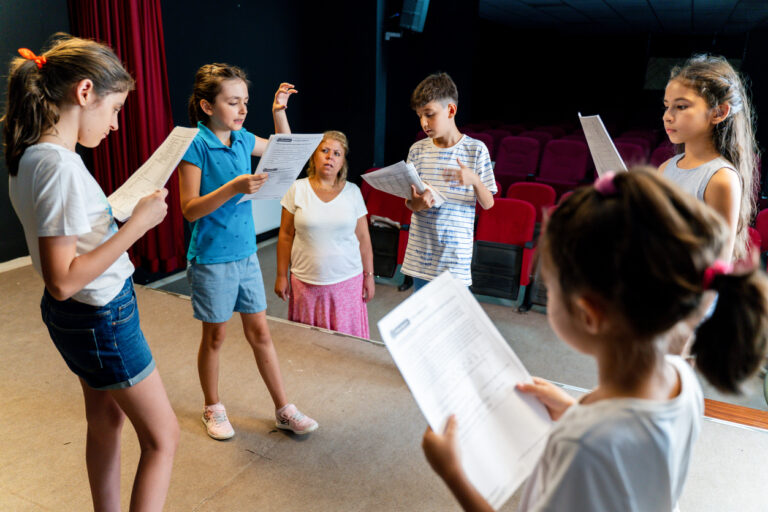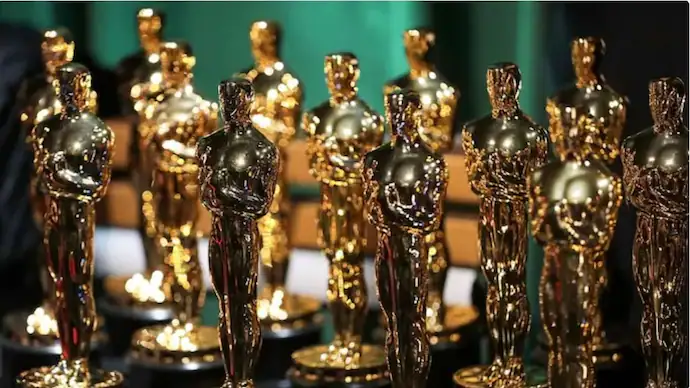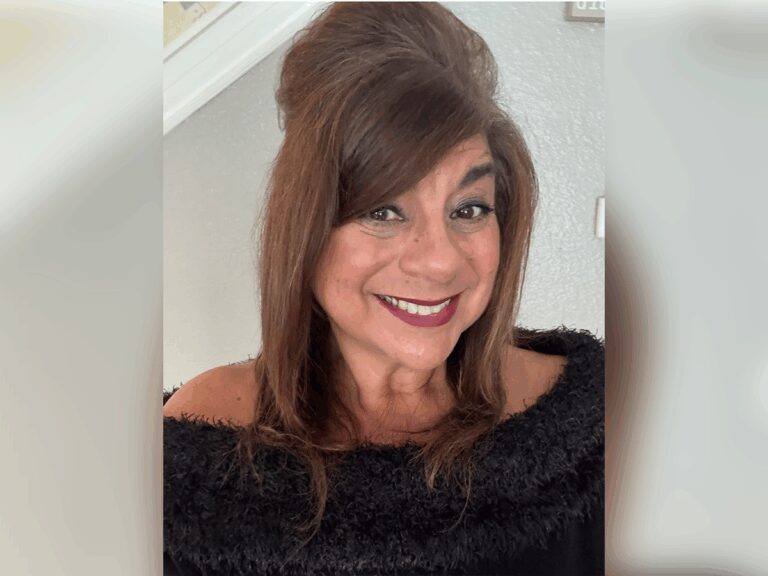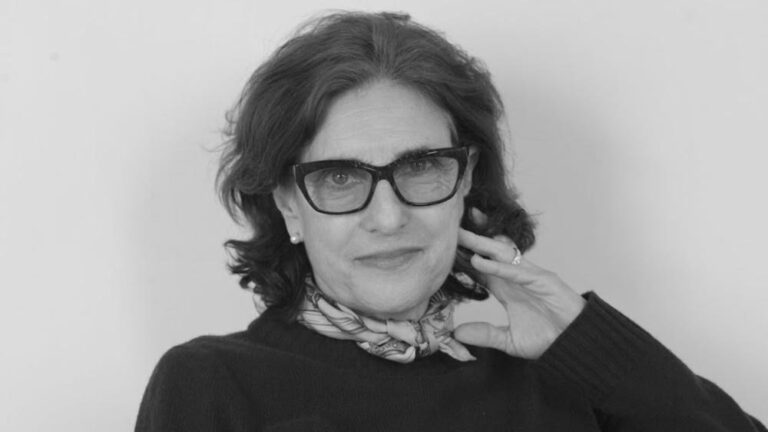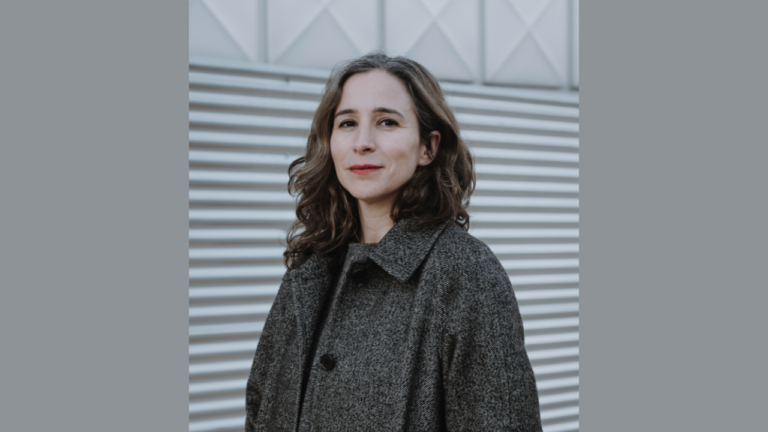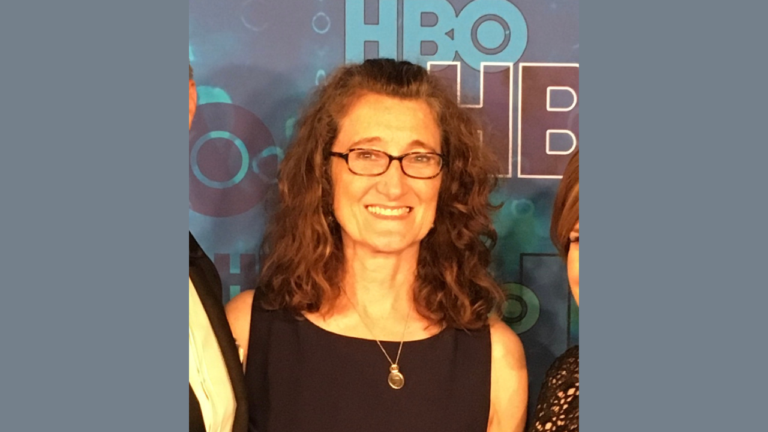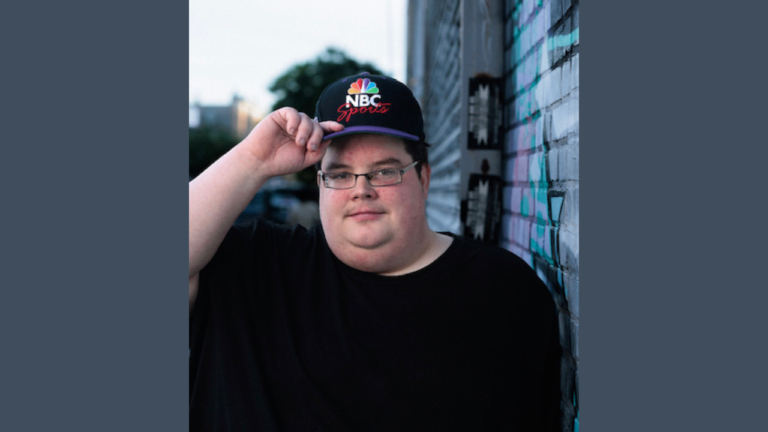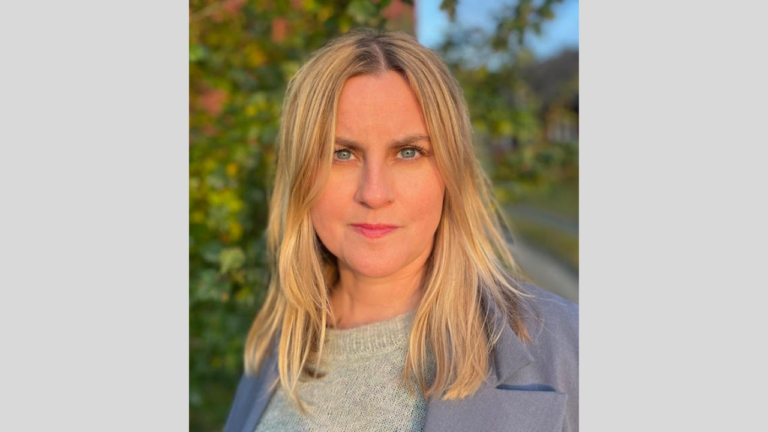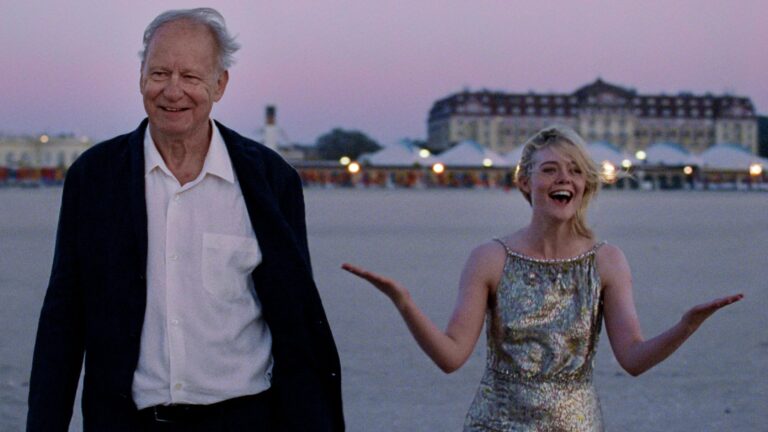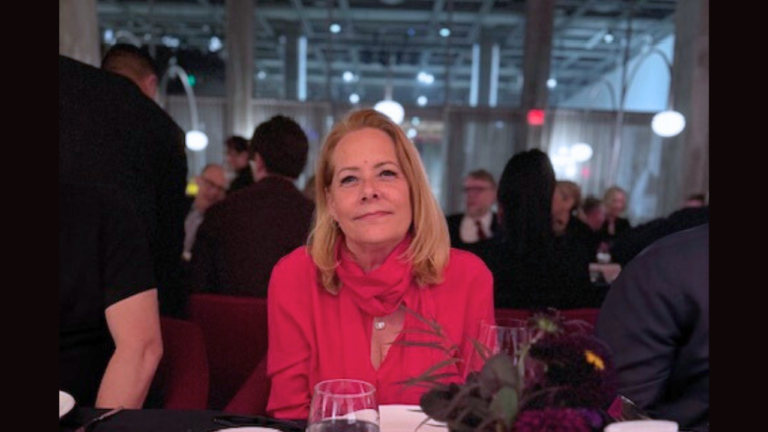An easy way to see if another year has passed is to check the number of Jeanie Bacharach’s Emmy nominations. If it seems to climb every single year, that’s because, for at least four years running, it has.
Bacharach is up to 11 now, with three wins, and this year the casting legend has three new nods to her credit. There’s her work on The Bear, of course, for which she has won Outstanding Casting for a Comedy Series two years running.
However, there are also two nominations in the same category — Outstanding Casting for a Limited or Anthology Series or Movie — for Black Mirror and Dying for Sex.
Bacharach shares her Black Mirror nomination with Jina Jay, Corinne Clark and Jennifer Page, and Dying for Sex with Jessica Daniels. She chatted with us from Los Angeles.
Insights From Jeanie Bacharach
- Focus on roles that allow you to explore both humor and deep humanity, as casting directors value actors who can balance complexity and emotional truth.
- Be open to auditioning for parts that challenge your usual type, since casting directors appreciate actors willing to take on unlikable or unconventional characters.
- Build strong relationships with casting directors and producers, as these connections can lead to opportunities on unique and high-profile projects.
Let’s start with Black Mirror. How did you come on board that project?
Jessica Rhodes, one of the executive producers, joined Black Mirror last season, and we had worked together on Station Eleven. She thought there was one episode in particular (the one last season with Salma Hayek and Annie Murphy) that was going to need a fair amount of U.S. casting, and she thought I might be helpful.
The time difference makes things tricky with casting when you’re trying to get answers and things like that. It started because of my relationship with Jessica, and then they had three episodes this season that, again, they were hoping to do a fair amount of U.S. casting.
I talked to your co-nominee, Jina Jay, and she commented that there’s a great advantage to casting when you’re only doing one episode, rather than a whole season-long arc. Do you agree with that?
Yes, definitely. Actors are much more willing to jump in, and the stories on Black Mirror are fascinating and disturbingly prescient. [Creator Charlie Brooker] is writing about what’s going to happen, and by the time it comes out, it’s already happening.
It’s scary, but the writing is so wonderful, and the show is a talent magnet at this point. That’s a great place to be as a casting director.
There’s no easy way to try to transition to Dying for Sex, other than it being the opposite of Black Mirror. Let’s start from the same place. How did you come up with that one?
I did The Dropout with Liz Meriwether, so that was my connection there.
I’m assuming Michelle [Williams] was on board beforehand …
Yes, she was in discussions when I joined.
I think I need to ask about the casting of Jenny Slate. As good as she is, I don’t know that I would have thought of her for that role.
She’s someone who came to mind pretty much when I started working on it, because we needed somebody who had the humor. You needed people who were going to be able to find the comedy in this very hard, moving story, but who also had humanity and depth and a certain amount of kookiness.
There’s the real Nikki Boyer that she’s based on, and it wasn’t about finding an exact doppelgänger for Nikki, but someone who inhabited her qualities. I have always loved Jenny. You see it time and time again with comedy people.
Most people who get into comedy have a lot of pain that they’re overcompensating for, I think, with their humor. I think we all believed that Jenny had that, even though we might not have seen it to the extent that she got to show us in this show.
Conversely, Rob Delaney felt like a perfect fit for Neighbor Guy.
Yeah. (Laughs) That’s one of those fantasy castings. Rob again has just such depth as a person and his own experience of loss, but that was one of those where you ask, “I don’t know, you think he’d do it?” and he jumped on board. It’s a brave performance.
That’s one of the strengths of the show, that it seems like everyone is leaving everything on the table. I imagine when it wrapped, everyone was just exhausted.
I think it was personal for a lot of people, for different reasons. As an artist, to be able to tell such a powerful and moving story that touches all of us at some point in our lives, maybe not in this exact way, but that’s such a gift to be able to do so.
Some people were explored who were not interested — either it was too close, or they just couldn’t connect. That’s the magic that happens in casting, when you find the people who are all in, and then the chemistry comes together because of that.
Speaking of magic, can we talk about David Rasche? His work as Molly’s oncologist is alternately hilarious and heartbreaking, just like the show itself.
I know. Oh my gosh. To me, that moment he has in the last episode where they’ve gotten the results back, and he and Sonya are in the hallway, and he says … this is making me choke up … he says, “I just need a minute.”
That one feels like a conversation where you said, “You think David Rasche would do this?”
Yes, Jenny was more of a journey, but David was our first choice. There’s something so human and real about that character and the stiffness, because if you work with dying people, you have to be somewhat used to it, and he sells it.
A more difficult role is Molly’s mom. How did Sissy Spacek come on board?
Well, again, she went for it. She was willing to be unlikable, selfish, and self-involved. Then she gets that turn and, I think for an actor, her character has a real arc, and the love. This forgiveness happens in that last episode, that moment they have when Molly’s in the tub … Liz’s writing and [co-creator] Kim [Rosenstock]’s writing is so beautiful, and so funny, so human.
We needed someone who felt sort of granola, who felt a little bit of a mess. Gail had her difficult history, clearly, and Sissy, there’s so much on her face of her life lived. I think she generally plays likable characters, and to tap into someone who is not as immediately likable and sympathetic is a nice challenge for her to do.
Speaking of challenges, what were some of the challenges of filling out the rest of the cast? Kelvin Yu plays Nikki’s partner. Was that a colorblind casting? And regarding the casting of Esco Jouley as the counselor and Robby Hoffman as G, how did those all come together?
Well, we knew we wanted someone non-binary in the Sonya role, and Esco was somebody that Liz had seen in an off-Broadway play. They popped into her head as we were starting to work on it, but they went through the whole audition process.
We read lots of other people, but their humanity and compassion, mixed with the rough and tumble quality that they have as well, are important in that profession. However, their character is new to it, so they’re finding their way.
Esco just blew us away in their audition. Robby’s just her own thing (laughs), and then Kelvin, we knew we wanted diversity in that role, but it wasn’t written specifically Asian. That was also an audition process. He had a very personal connection to the story, so I think that came through. The real Tommy is white, but weirdly, their smile is the same.
When you do a job like this, and you’ve done your job well, do you allow yourself that appreciation of the job, or is it, “Okay, on to the next?”
No. I mean, look, when you’re in it, it’s so intense. I liken it to a intense relationship. You’re dating, and you’re finding each other, and you’re learning things about each other, and things are evolving, and you’re sharing things and vulnerabilities and all of this stuff and it’s super intense. Then you make this commitment, and you make this thing, and you give birth, and then you send it out into the world, and you hope that all the foundation that you gave it and the love and the care that you gave it is enough for it to survive and exist and touch people. You just never know. You hope that it all comes together, but there is a giant leap of faith that we all take.
The creators of the show, the casting people, the studio, and the network. But it is incredibly satisfying when it comes together in the way that this one did. They did an absolutely beautiful job. What was important was that everyone gave 100% in what was a story you haven’t seen before, not told this way. It was an honor, and truly meaningful to see the way people were willing to jump all in.
Final Takeaways
Jeanie Bacharach’s work on Emmy-caliber shows like The Bear, Black Mirror and Dying for Sex reveals what casting directors look for in actors today. From embracing complexity to showing up with authenticity, her approach highlights how actors can stand out in a competitive field.
Here are a few key takeaways for actors hoping to catch a casting director’s eye.
- Bring both humor and emotional depth to your auditions to show versatility and humanity.
- Be willing to take on roles that challenge your usual type or comfort zone.
- Develop genuine connections with casting professionals by being professional and reliable.
- Show up fully committed and ready to give 100%, especially for stories that are personal or groundbreaking.
- Embrace auditions as opportunities to reveal layers of your character, not just to fit a mold.
You may also like:


